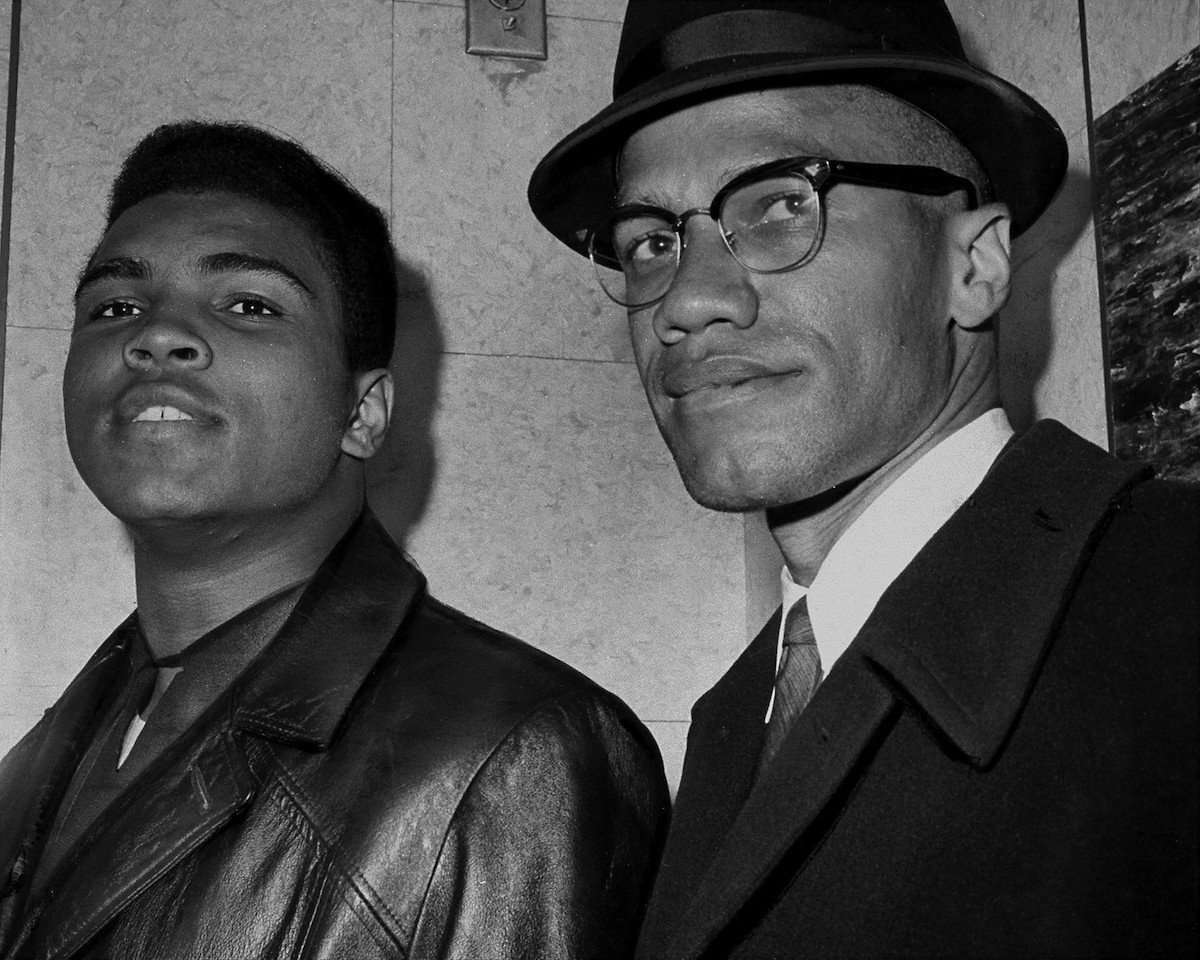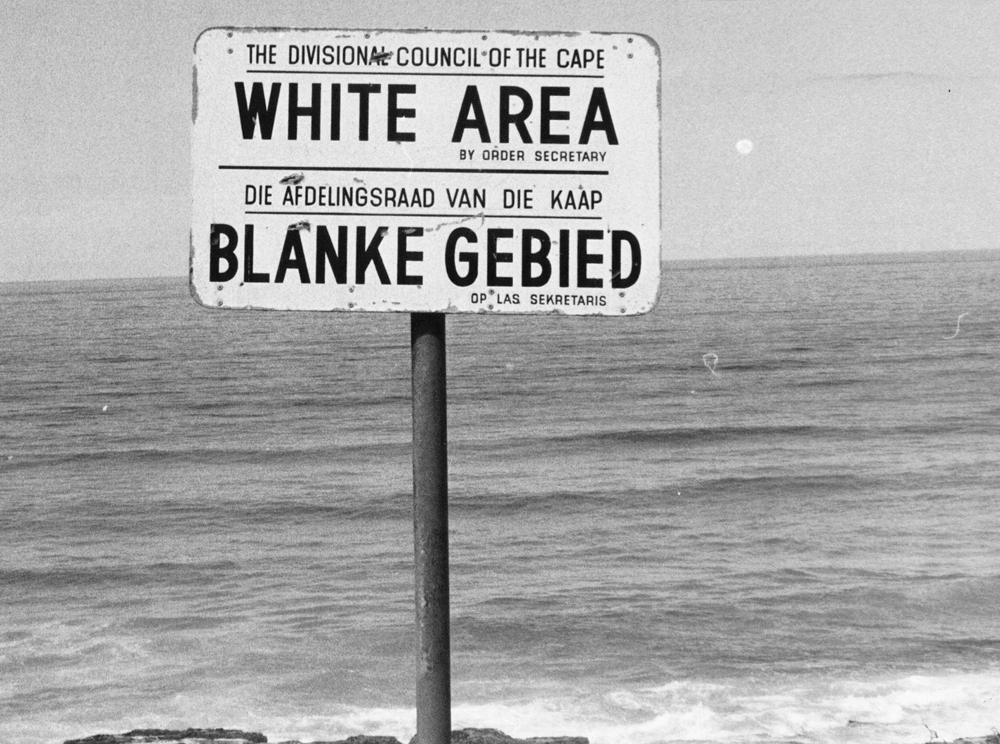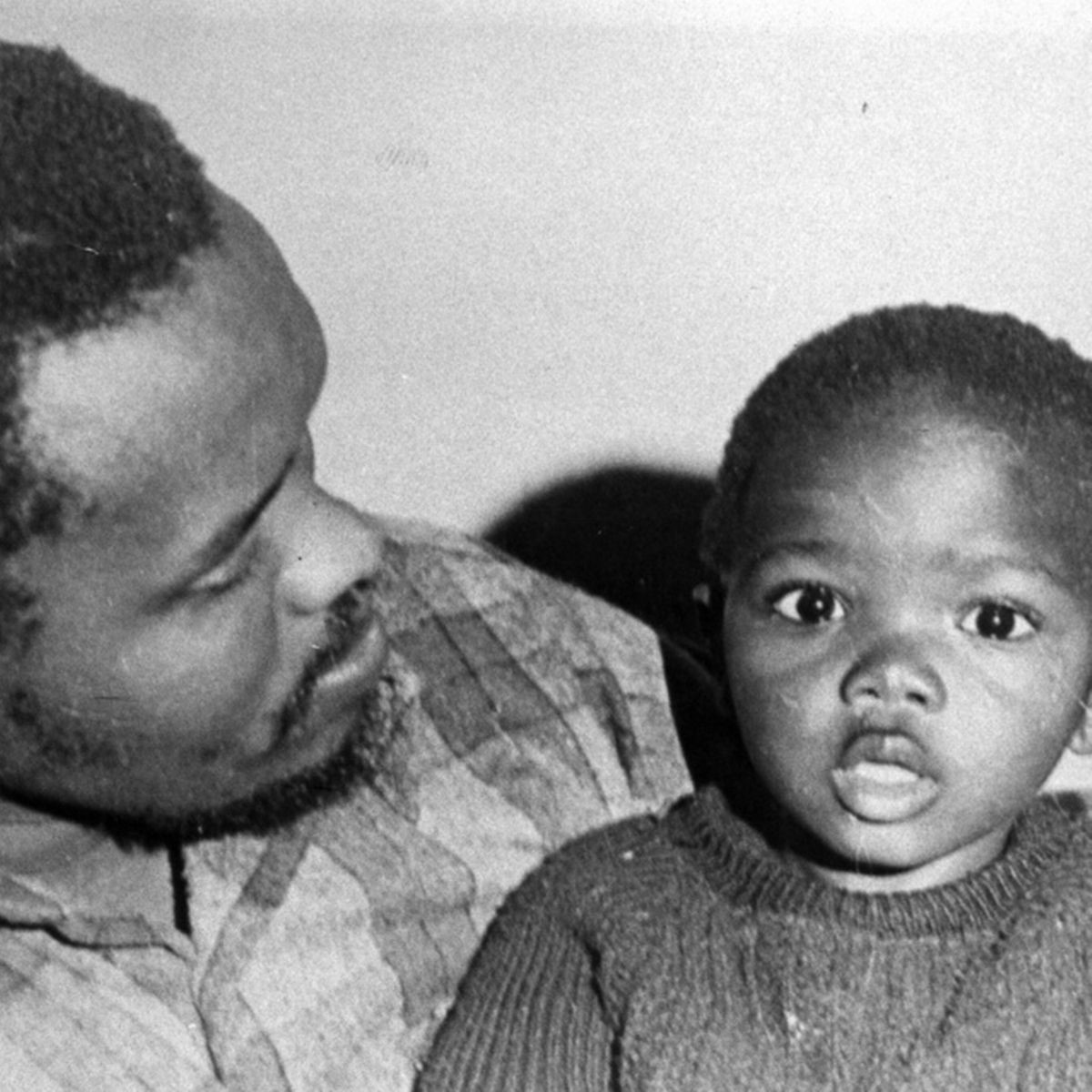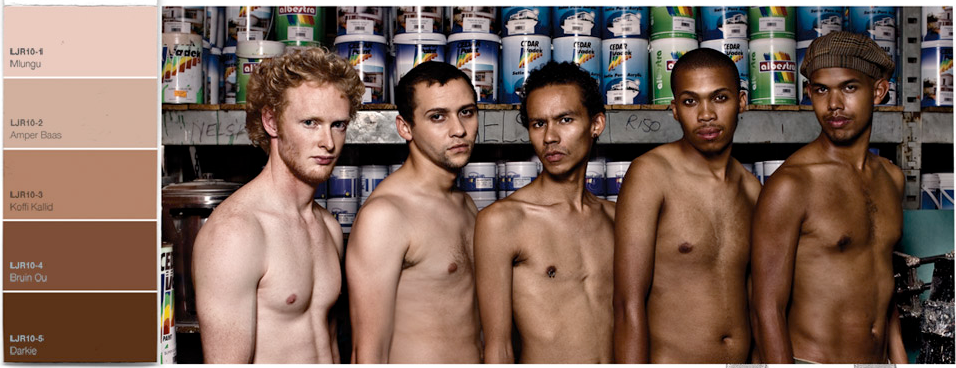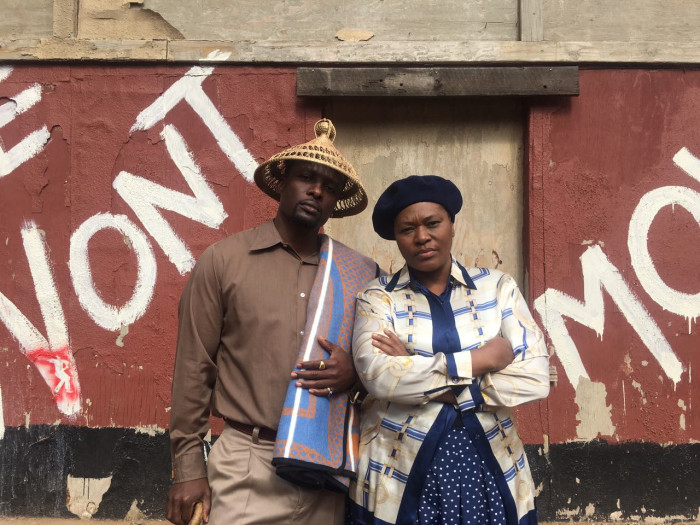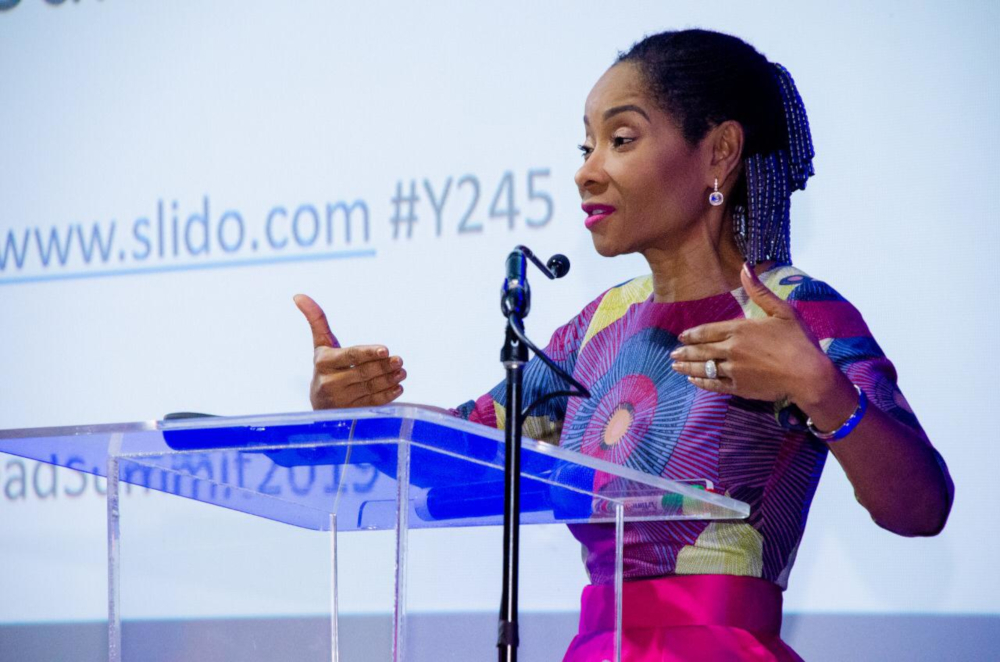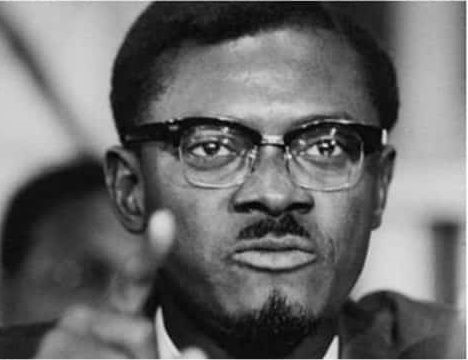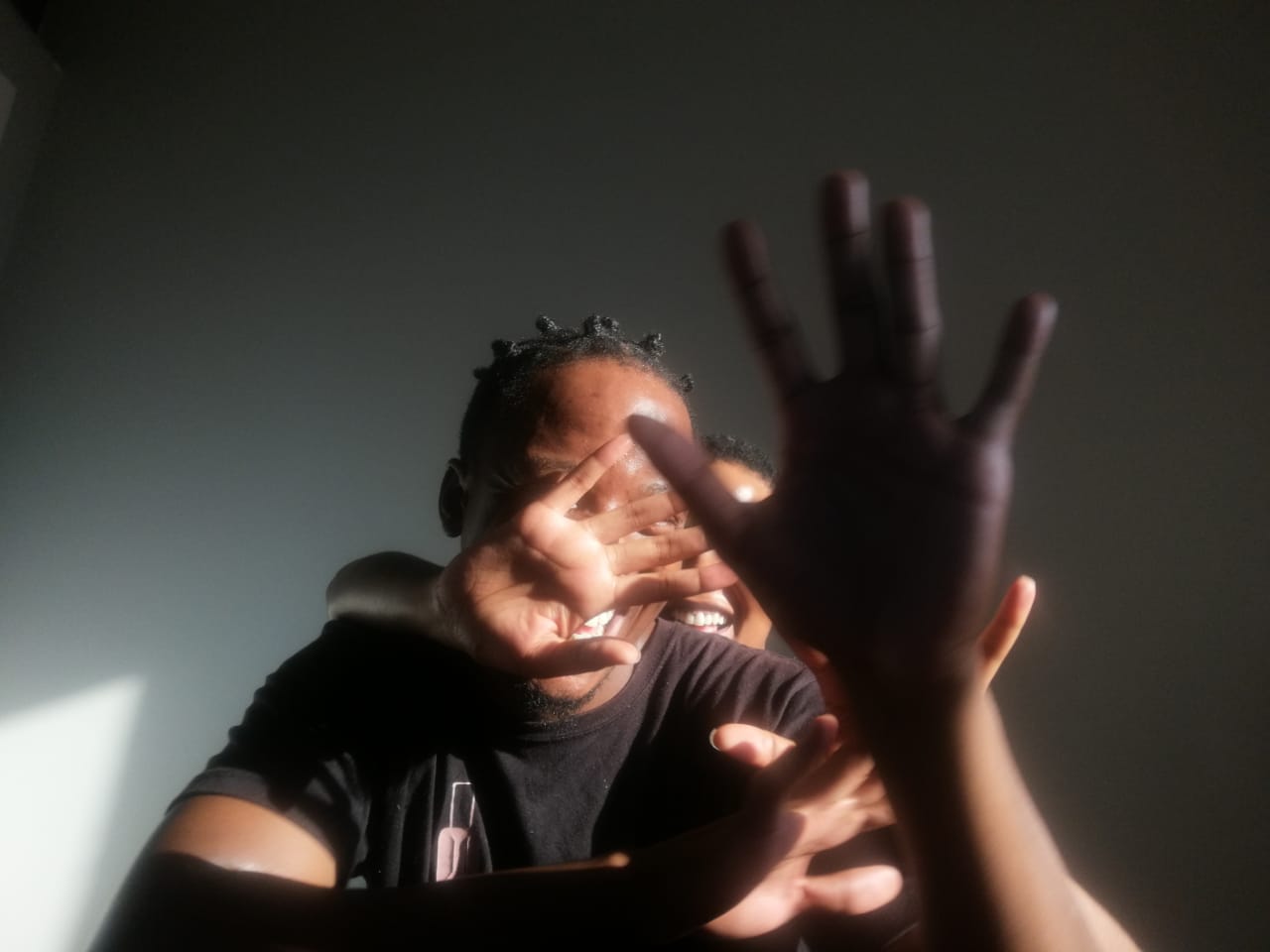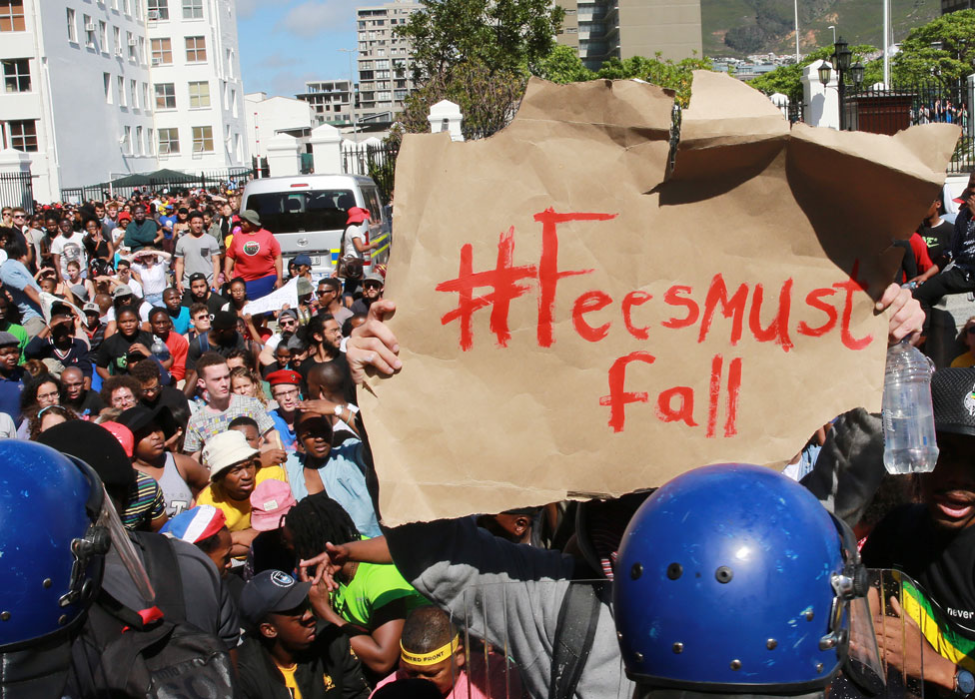“We are nonviolent with people who are nonviolent with us”. -Malcom X
Like many Black consciousness activists of my generation, the name Malcolm X occupies a profoundly special place in my heart. I remember during our student activist days how Warrior Mendo Ramncwana and I used to dedicate hours and hours to watching VHS recordings of his speeches.
His oratory was breathtaking. His clarity of thought, impeccable. And to crown it all, he had a majestic fearlessness about him. The 21st of this month marks the 55th anniversary of the assassination Malcom X. The circumstances of his death have always been suspicious (at least to those who followed, loved and admired him).
For over 50 years, his children, scholars, activists and ordinary Black people have been examining the meaning of his life. Central to this examination has been the question: who was actually responsible for bringing the life of this Warrior of our Race to such an abrupt end?
In addition to other existing material, there is now a six-part documentary Who Killed Malcolm X by historian Abdur-Rahman Muhammed. This documentary, as the name suggests, also wrestles with the same question. As a result of the additional information that has been provided by the producers of this documentary, there is now a possibility that the Manhattan district attorney will reopen the investigation into Malcolm’s assassination. What could this mean?
WHO WAS MALCOLM X?
To understand the value of the possible reopening of the investigation into Malcolm’s assassination it is perhaps important to first develop an understanding of who Malcolm was. Malcolm X was born Malcolm Little on May 19, 1925 in Omaha, Nebraska (making him a direct peer of Patrice Lumumba and Frantz Fanon).

His mother, Louise Norton Little, was a homemaker occupied with the family’s eight children. His father, James Earl Little, was an outspoken Baptist minister and avid supporter of Black Nationalist leader Marcus Garvey. His activism resulted in him receiving death threats from an anti-black group called Black Legion. The threats forced Malcolm’s family to relocate twice. Even though Malcolm’s father tried his best to protect his family, in 1929 their home in Michigan was burned to the ground. Two years later, Malcolm’s father’s body was found lying across the town’s trolley tracks. The police ruled both incidents as accidents, but the Little’s were certain that members of the Black Legion were responsible.
As a result of all this, Malcolm’s mother, Louise suffered an emotional breakdown after the death of her husband and was committed to a mental institution. Consequently, Malcolm and his siblings had to be split up among various foster homes and orphanages. Later, Malcolm and his friend, Malcolm “Shorty” Jarvis, moved back to Boston. In 1946 they were arrested and convicted on burglary charges. Malcolm was sentenced to 10 years but was paroled after serving only 7.
WHAT WAS HIS CONTRIBUTION TO THE BLACK LIBERATION PROJECT?
After being released from prison, Malcolm dedicated himself to furthering his self-development. It was during this period that his brother Reginald would visit and discuss his recent conversion to Islam. Reginald belonged to the Nation of Islam (NOI). Fascinated by what his brother shared with him, Malcolm began to study the teachings of Elijah Muhammad, the leader of the NOI.
Muhammad’s teachings on Black self-pride and self-reliance, captivated Malcolm so much that he decided to give his life to the Nation of Islam. He also changed his surname to “X.”. He regarded “Little” as a slave name and chose the “X” to signify his lost Afrikan name.
In no time, Malcolm had risen in stature within the Nation of Islam and was appointed as a minister and national spokesman. Muhammad gave him the responsibility to establish new mosques in such places as Detroit, Michigan and Harlem.
He was a mesmerising public speaker. He used the media, public rallies and lectures to promote the name and work of the Nation of Islam. He was later credited with increasing the membership in the Nation of Islam from 500 in 1952 to 30,000 in 1963.All of this catapulted Malcolm to national prominence and he began to enjoy more national attention than Elijah Muhammad.
Farrakhan states that there was also growing envy of him. His rise also attracted the attention of the AmeriKKKan security apparatus, and in particular the notorious and anti-black Federal Bureau of Investigation (FBI). At this stage, not only was Malcolm now under full FBI surveillance, the FBI also infiltrated the Nation of Islam and had one of their agents act as Malcolm’s bodyguard.
PROBLEMS WITHIN THE NATION OF ISLAM
In the midst of this harassment by the FBI, Malcolm discovered something that will rattle his faith in the Nation of Islam and its leader (Elijah Muhammad), immeasurably. He learned from the son of Muhammad that this leader that he so revered had been secretly engaging in relationships (of a sexual nature), with some of the young sisters of Nation of Islam and that, many of them had children by him.
Malcolm was deeply troubled by this. He shared this with his friend and protégé (Louis Farrakhan) and later also found a respectful way of conveying was he had been told to Elijah Mohammed. It is said Muhammed asked Malcolm to keep these revelations a secret, but he refused. Malcolm felt betrayed and felt bad that he may have misled hundreds of people (especially young women), who he had recruited into the Nation of Islam.
All this plunged Malcolm into a deep state of depression and disillusionment. He began to ask himself all manner of questions about the man he regarded as his spiritual father. During this period, he also began to notice a change in the attitude and growing hostility among some within the leadership of the Nation of Islam.
Not so long after learning all this about Elijah Muhammad, the AmeriKKKan president, John F. Kennedy got shot and died. In reaction, Malcolm made a public statement that Kennedy’s death was a case of “the chickens coming home to roost”.
Muhammad ordered that Malcolm be silenced for 90 days. Malcolm was convinced that this silencing had little to do with his remarks about Kennedy’s assassination, but that he was being punished by Muhammad for how he reacted to the damaging revelations about him.
After this, the relationship between Malcolm and Muhammad deteriorated irreversibly. He formally disassociated from the Nation of Islam in 1964. He publicly denounced the Nation of Islam and was critical of the conduct of Elijah Muhammad (something that was tantamount to blasphemy among the faithful of the Nation of Islam). He also learned of plots to cause him harm from within the organisation, including a plan to have an undercover officer help plant a bomb in his car.
HIS ASSASSINATION
After repeated attempts on his life, Malcolm rarely travelled anywhere without bodyguards. On February 14, 1965 his home (where his wife Betty and their four daughters lived in East Elmhurst), was firebombed. Fortunately, his family escaped physical injury.
Malcolm was fuming when he addressed the journalists after this dastardly act and vowed to do whatever is necessary to protect his family and particular his children. However, a week later, Malcolm’s enemies were successful. Malcolm was to speak at Manhattan’s Audubon Ballroom on February 21, 1965.
As he was still speaking, three gunmen rushed on stage. They shot him 15 times at close range. Malcolm was pronounced dead on arrival at New York’s Columbia Presbyterian Hospital. His funeral was held on 27 February, 1965 at Harlem’s Faith Temple Church of God in Christ (now Child’s Memorial Temple Church of God in Christ). After the ceremony, friends took the shovels away from the waiting gravediggers and buried Malcolm themselves.

Three men were arrested for Malcolm’s murder: Talmadge Hayer aka Mujahid Abdul Halim, Norman 3X Butler aka Muhammad Abdul Aziz and Thomas 15X Johnson aka Khali Islam. They were convicted of first-degree murder in March 1966. All three were members of the Nation of Islam.
However, according to the new documentary “Who Killed Malcolm X”, only one of the three (Talmadge Hayer aka Mujahid Abdul Halim) was at the murder scene on the day and that the actual assassins could be four Nation of Islam members of the nearby Newark mosque, New Jersey.
Even though the investigation is on-going, I postulate that Malcolm’s assassination was precipitated by a combination of internal (National of Islam) and external factors (FBI/CIA). Both the Nation of Islam and FBI/CIA had a motive (s) to want him dead
WHY WAS MALCOLM ASSASSINATED?
After the Malcom’s fall out with his spiritual teacher, Elijah Mohammed and subsequent disassociation, the Nation of Islam attacked him publicly. In the national newspaper of the Nation of Islam, Muhammad Speaks, Louis Farrakhan (then Louis X), called Malcolm X a "traitor." He wrote “The die is set," and "Malcolm shall not escape. ... Such a man as Malcolm is worthy of death."
In a television interview on 60 Minutes Farrakhan was a guest with Malcolm’s oldest daughter, Attallah Shabazz. In reaction to her questions on his role in her father’s murder, he said “As I may have been complicit in words that I spoke leading up to Feb. 21, I acknowledge that and regret that any word that I have said caused the loss of life of a human being."
In 1963 British political activist and writer, Tariq Ali met Malcolm at Oxford University. Malcolm was invited to speak at the Oxford Union. After the debate, as they parted ways, Ali says Malcolm said to him “they’re going to kill me soon”. Ali further states that “He was in no doubt that it would be either the Nation of Islam or the FBI or both.”
On another occasion, Malcolm was asked by a reporter if he fears death, or if he worries, he replied “No, I don't worry. I tell you, I'm a man who believes that I died 20 years ago and I live like a man who is dead already. I have no fear whatsoever of anybody or anything.”
Malcolm knew when he was part of the Nation of Islam and after he had left that death was his shadow. This was the internal threat. The external threat came from the anti-black AmeriKKKan government.
“The FBI opened a file on Malcolm X in 1953 and continued surveillance until his assassination in 1965. This file, encompassing 2,300 pages, gives insight into the various factions and leaders of the black militant movement during the 1950s and '60s, as well as details on the FBI's attempts to neutralize it.” Why did they do this?
There are at least two FBI memos that help us understand what why the AmeriKKKan government dedicated so much resources to placing Malcolm under surveillance. The FBI’s notorious and anti-black director, J Edgar Hoover, states in one memo that:
“The purpose of this new counterintelligence endeavour is to expose, disrupt, misdirect, discredit or otherwise neutralise the activities of black-nationalist, hate-type organisations and groupings, their leadership, spokesmen, membership and supporters. hate-type organisations…such groups as the Student Nonviolent Coordinating Committee, Southern Christian Leadership Conference ... the Congress of Racial Equality and the Nation of Islam".
In another memo Hoover says “Prevent the rise of a 'messiah' who could unify and electrify the militant black nationalist movement. Malcolm X might have been such a 'messiah'.... Martin Luther King, Stokely Carmichael, and Elijah Muhammed all aspire to this position .... King could be a very real contender for this position should he abandon his supposed 'obedience' to 'white, liberal doctrines' (nonviolence)."
So, it is quite clear that the United States of AmeriKKKa regarded Malcolm as a serious domestic threat. However, they didn’t just regard him as a domestic threat. Malcolm was also a threat to AmeriKKKa’s global imperialist agenda. The 60’s were the height of the so-called Cold War (with the US and the Soviet Union as it two main protagonists).
One of the key characteristics of the Cold War was proxy imperialist wars. One such war was the Vietnam War (1955-1975). AmeriKKKa lost this war and it cost them heavily both in terms of military personal and their domestic politics. Malcolm was one of the few Black leaders who openly and vehemently opposed to this imperialist war. Unsurprisingly, the AmeriKKKan government didn’t take kindly to Malcolm’s public denouncing of the war.
But even more interesting, was the FBI’s perception of Malcolm’s connection with Afrikan leaders. Malcolm visited Afrika in 1959 and 1964. He gave speeches and interviews in Egypt, Ethiopia, Tanganyika, Morocco, Ghana, Guinea, Sudan, Senegal, Liberia, Algeria, and Nigeria. It was during this visit that he was honoured with the Yoruba name ‘Omowale’, in Nigeria, after he spoke at the University of Ibadan.
‘Omowale’ means ‘the son who has come home’. After meeting with among others, Kwame Nkrumah of Ghana, Gamal Abdel Nasser of Egypt, and Ahmed Ben Bella of Algeria, Malcolm’s pan afrikanist perspective was sharpened. As a result, when he returned to AmeriKKKa, he started working on the formation of a new political movement-the Organisation of Afro-American Unity (OAAU).
One of the people who helped Malcolm draft the concept for the OAAU is Mwalimu John Henrik Clarke. The OAAU was inspired by the Organisation of African Unity (OAU) and was based on the principles of ‘Restoration’, ‘Reorientation’, ‘Education’ and ‘Economic Security’ of Black people.
Furthermore, the Afrikan leaders he met, urged him to return to AmeriKKKa to get going with the task of building the OAAU and uniting Black people, globally. Unfortunately, Malcolm didn’t live long enough to see the formation of OAAU. “Ahead of his trip to Africa, FBI Director J. Edgar Hoover wrote in a memo dated July 2, 1964, that the OAAU was a threat to the national security of the United States.”
There is however another part of Malcolm’s visit to Afrika that really grabbed attention. When he was in Kenya in 1959, he met with a political activist called Pio Gama Pinto. Malcolm and Pinto connected instantly because they realised they had a number of similar ideas.
Pinto and Malcolm developed a common strategy to deal with the daily humiliation and indignities suffered by both Afrikans on the continent and in AmeriKKKa. Part of their plan was to take the United States of AmeriKKKa to the United Nations and charge it with war crimes against Black people.
Strangely, Pinto was assassinated exactly three days after Malcolm’s assassination. Their assassinations are connected by the fact that they were simultaneously waging a fierce battle against AmeriKKKan and British oligarchs in Kenya and AmeriKKKa.
WHAT IS HIS LEGACY?
Given his immeasurable meaning, I think it is would be difficult to quantity Malcolm’s legacy in a paragraph, on a page or even in a single discussion. In AmeriKKKa, Malcolm inspired the emergence of the Black Power movement. Cofounder of the Black Panther party, Bobby Seale talks about how in a discussion with Huey Newton they concluded that Malcolm’s death imposes on them the obligation to start a Black revolutionary movement.
Similarly, his emergence also inspired the formation of Black revolutionary movements, across the globe. Malcolm emerged at a time when Black political expression (not just in AmeriKKKa, but in much of the Black world), was firmly under the deceptive grip of Christian-inspired white liberalism. He intentionally and fearlessly broke this deceptive grip of white liberalism on Black political expression.
He disrupted not only our thinking on Black liberation, but also on how it must be attained. He empowered us with a language, grammar, metaphor, idiom, vocabulary, lexicon for almost every one of our existential conundrums. He said the kinds of things that many of the more celebrated Black leaders, were terribly afraid to say and when he did so, he was truthful and sincere.
Malcolm was loyal to his race and unlike others, he made no apologies for his race-consciousness and race-loyalty. This is perhaps the cardinal difference between him and others who project themselves as the leaders of the Black world. It is therefore no exaggeration to say that, the sum total of Malcolm’s life is the very embodiment of Black revolution.
Perhaps Omowale’s greatest legacy is in his demonstration of the power of Black agency.From a life of drugs, criminality, incarceration and virtually no ‘academic’ certification, he was able to pull himself up by his own boot straps, working diligently and purposefully, on all aspects of his development (in particular ethical and intellectual growth).
And after all this, being able to become one of the most enduring Black symbols of modern history and achieving all this at only 39 years of age. For me, this is the ultimate genius and beauty of Omowale. There is no greater description of Omowale’s genius and beauty than in the poignant words of Ossie Davis, who at Omowale’s funeral, on 27 February, 1965, said:
“…Consigning these mortal remains to earth, the common mother of all, secure in the knowledge that what we place in the ground is no more now a man – but a seed – which, after the winter of our discontent, will come forth again to meet us. And we will know him then for what he was and is – a Prince – our own black shining Prince! – who didn’t hesitate to die, because he loved us so.”
Camagu!
Selected references
1. 70 Malcolm X Quotes about Life, Justice and Freedombr />
2. How Malcolm X became a serious threat to the U.S. after his Africa visit
3. FBI Surveillance File: Malcolm X
4. The Legacy of Malcolm X
5. Malcolm X - Eurology
6. Malcom X - Biography
7. Malcolm X assassination case may be reopened after Netflix documentary
8. Remembering Pinto: He was killed for speaking truth to power
9. Malcolm X at Oxford: 'They're going to kill me soon'
10. Malcolm X On Death: "I Have No Fear Whatsoever Of Anybody Or Anything"

